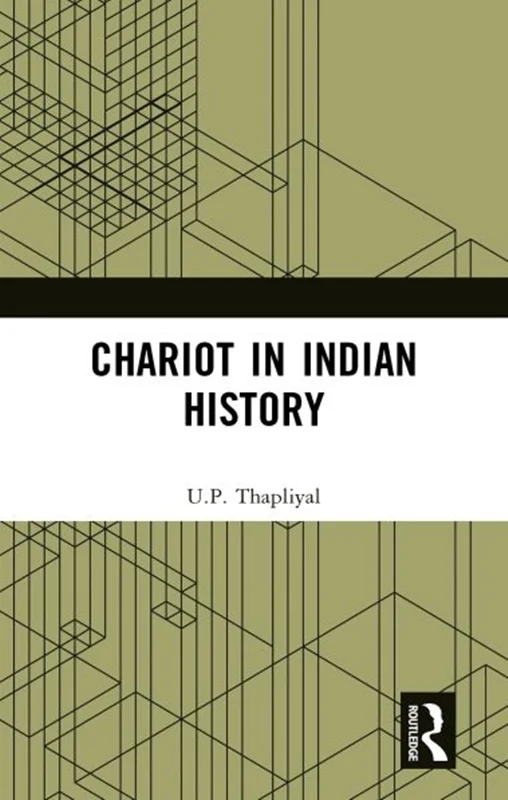Chariot in Indian History
U.P. Thapliyal, B0B4V8FQ1P, 1032375221, 978-1032375229, 9781032375229
The invention and development of the chariot around the third millennium revolutionized the art of warfare and dominated the battlefields for some 3000 years. It seems to have evolved in the borderlands between the steppes and the riverlands. It is believed that the Āryan borrowed the idea of chariot from Sumerians around 2000 bc.
It is presumed that these Āryans entered Iran and departed in three branches. One marches westward towards Syria, another eastward towards India and a third stays back in Iran. The absence of chariot in Indus valley civilization suggests that chariot arrived in India with Āryans, who settled here around 1500 bc. They used it as a lethal war machine to conquer the natives.
The Chariot has played a vital role in Indian warfare through the ages, spanning over Vedic, Epic, and Puranic times, as attested to by literary and archaeological evidence. The Turk invasion marked by the dominance of cavalry arm brought the curtain down on chariot as a war machine. However, it survived in the Indian milieu in some other incarnations.


